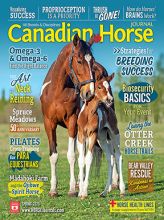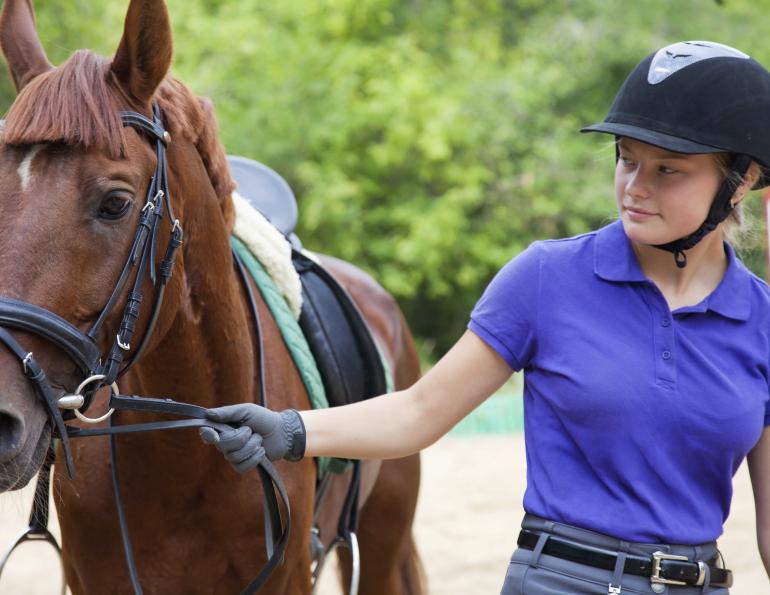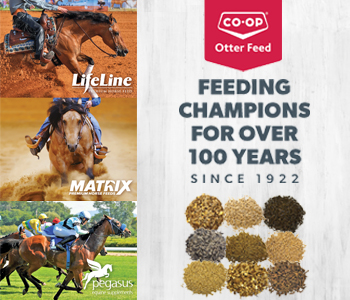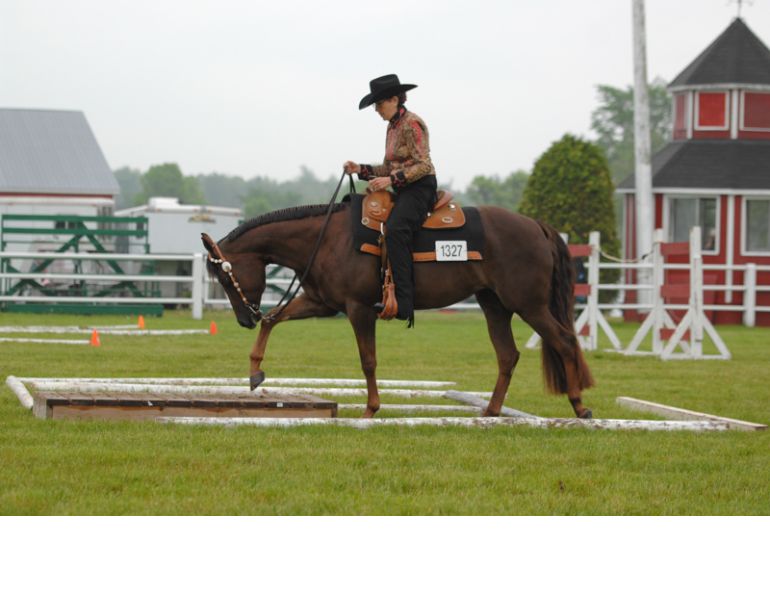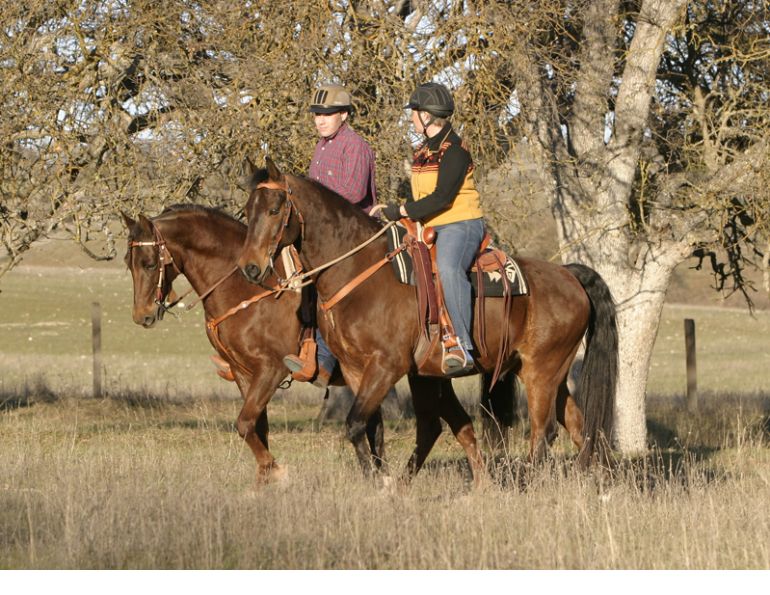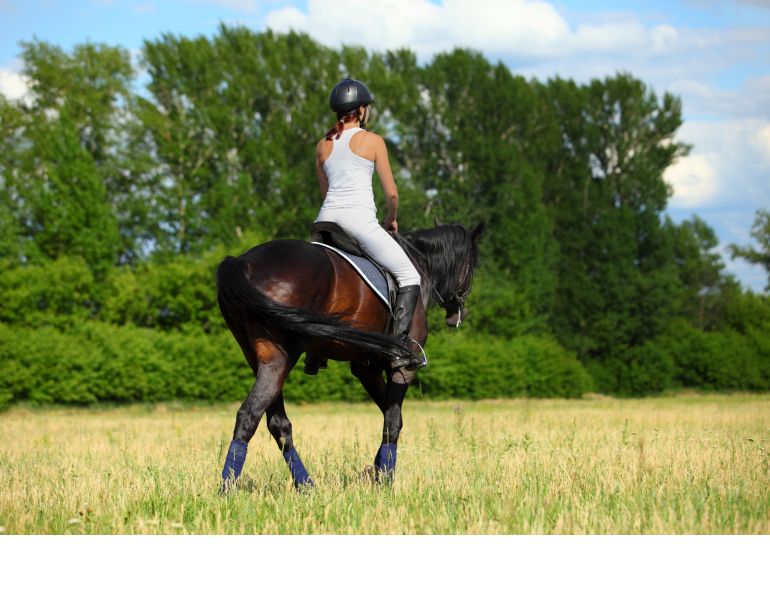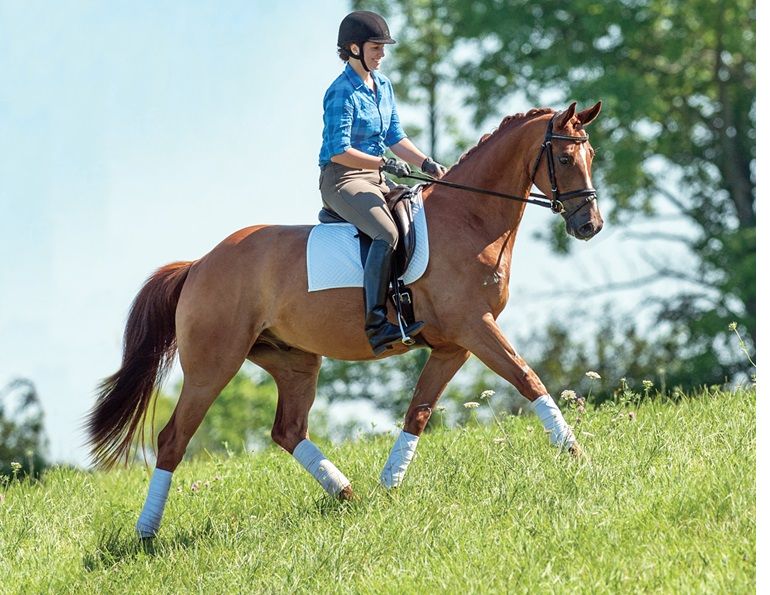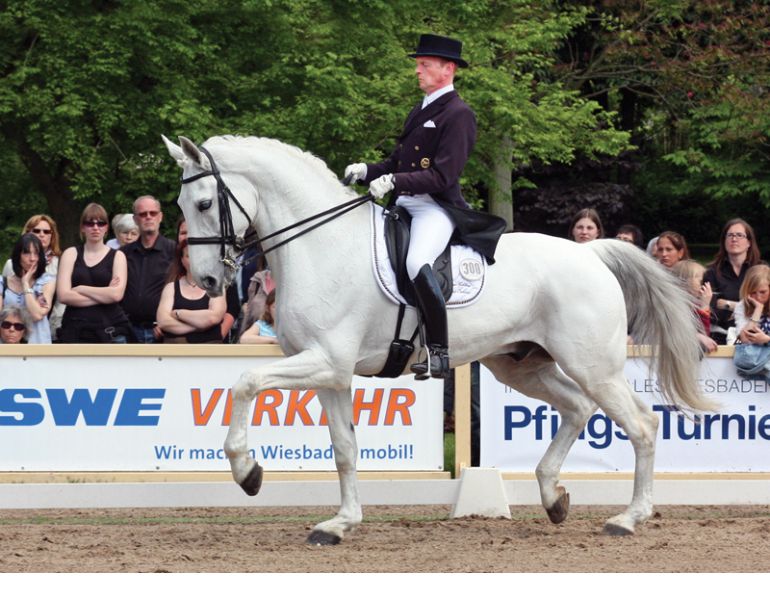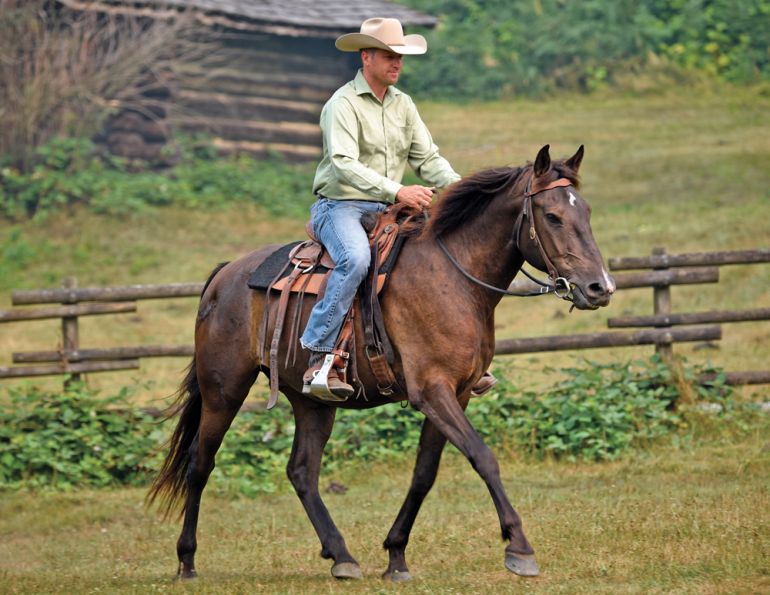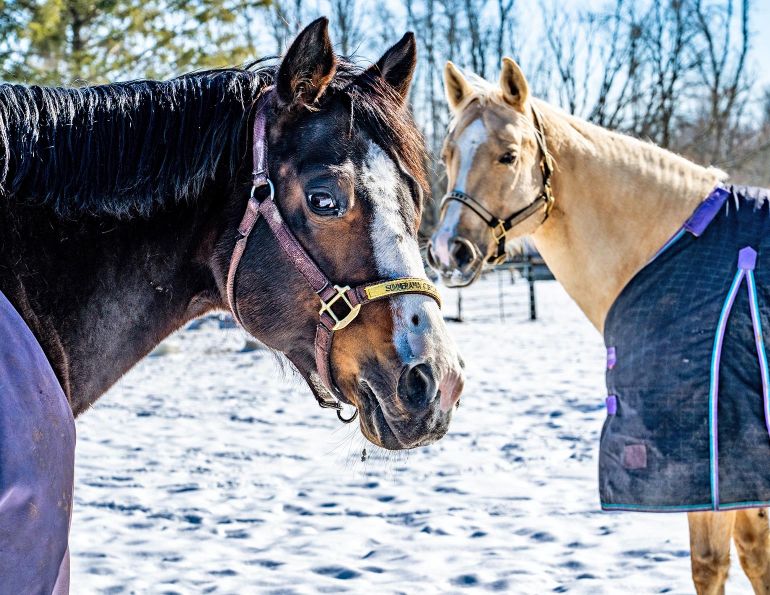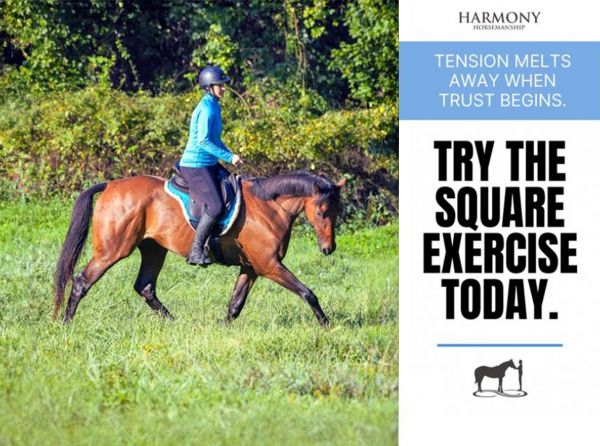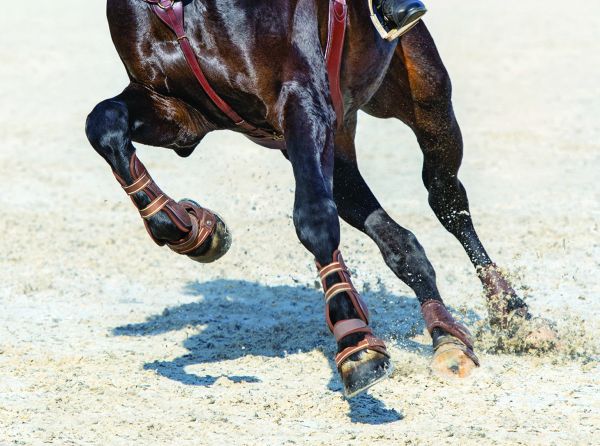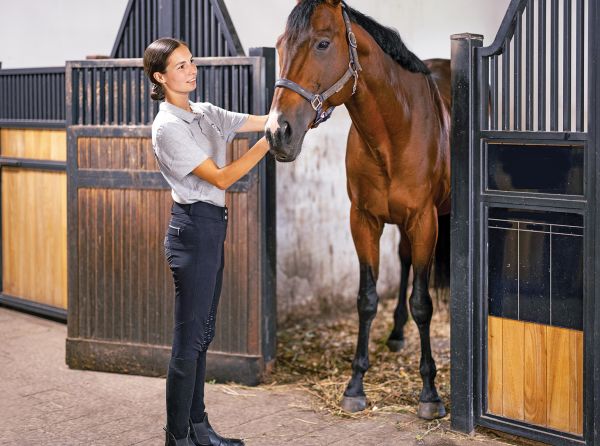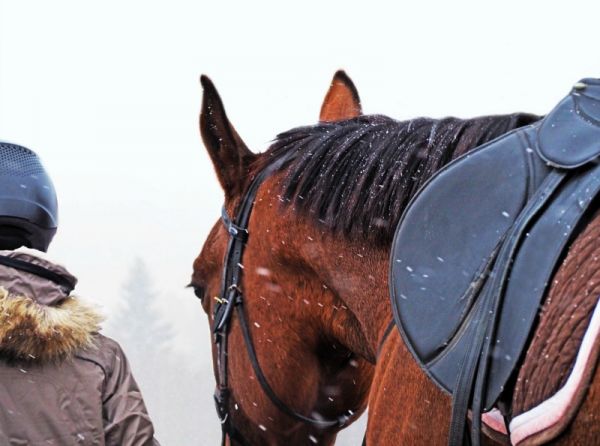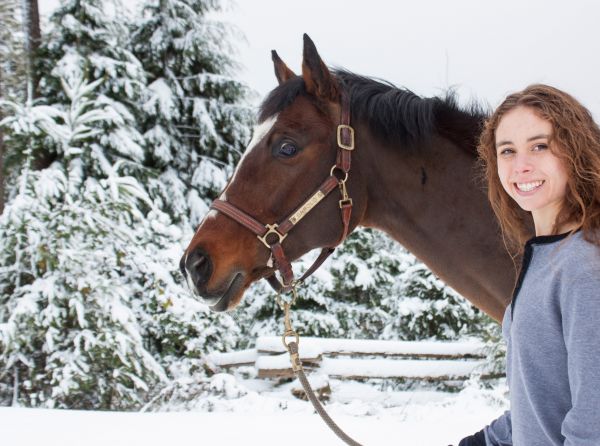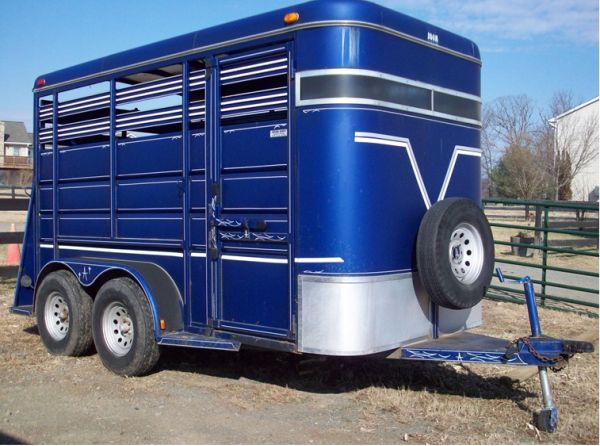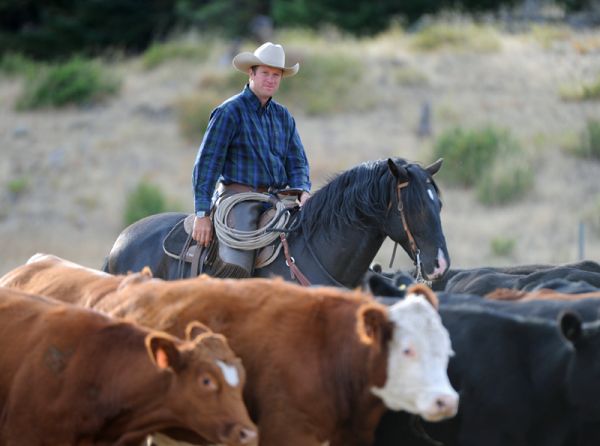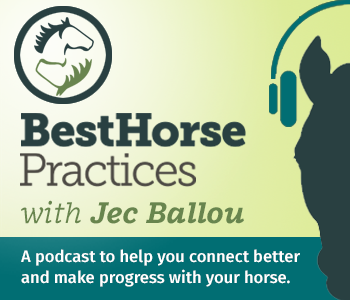April Clay, M.Ed., Registered Psychologist
If you have been riding for some time, chances are you have come across a mount that challenged you. Or maybe he scared you. Perhaps the horse forced you to face that very difficult question: Is this the wrong horse for me… or is it just me? What can you do when fear cripples your riding experience?
Psychologically, this is not a pleasant space and many people do not know how to navigate the question, or are even willing to own up to having these thoughts in the first place. But there are some guiding questions available to help you in your decision-making.
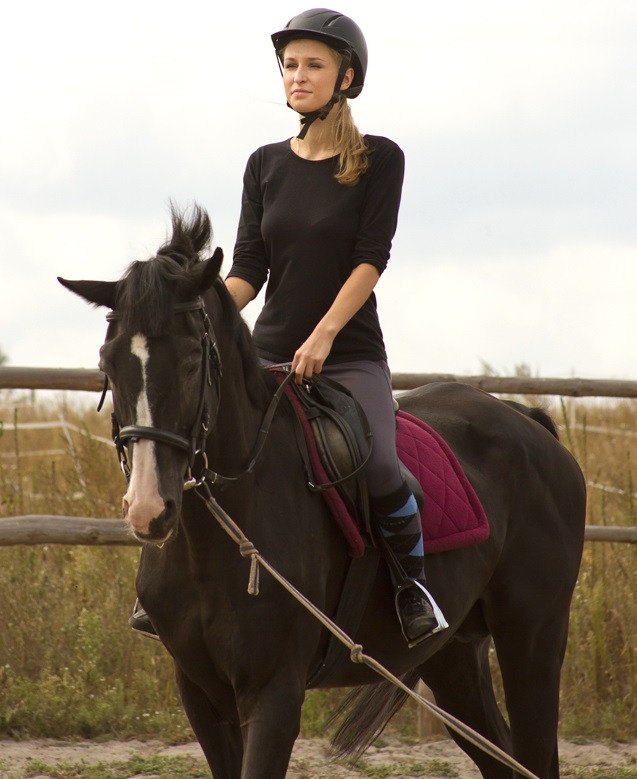
A competent riding coach can help evaluate your riding skills as well as your horse’s state of mind. Riding a different horse can also be a confidence booster. Photo: ©iStock/Victoshafoto
What type of fear are you dealing with?
You can distinguish from a few common reasons for fear. Being clear about the cause of your anxiety will assist you in determining your course. Did you suffer a trauma like a riding accident that left you physically harmed? If so, be aware that traumas are very different from generalized fear and can take some time to resolve. A traumatic fall literally leaves an imprint on your brain. If you are still riding the same horse, the resulting association of being unsafe with this mount is going to be hard work to overcome. You will need to re-learn to be comfortable and for some riders this task is simply too daunting.
Other riders have not had a bad fall, but suffer from a pervasive feeling of being unsafe. They ride day after day, white-knuckling their way through the experience, hoping one day it will change. Many riders find that, as they grow older, a generalized sense of unease in the saddle begins to develop.
Debra, age 36 recalled, “It began to happen after I had my kids. Suddenly I seemed more aware of getting hurt if I fell off and what that would mean. I began to ride quite defensively, which my horse did not like and he acted out.”
It’s important to remember that, as we age, our awareness of safety naturally does change. You know what it means to become injured, healing takes longer, and you may not be able to meet work or parenting responsibilities. Ignoring these thoughts will only serve to drive you in deeper, making you feel shameful. For some, it means acknowledging the fear and taking steps to deal with it. Debra made such efforts and is now enjoying her riding once more.
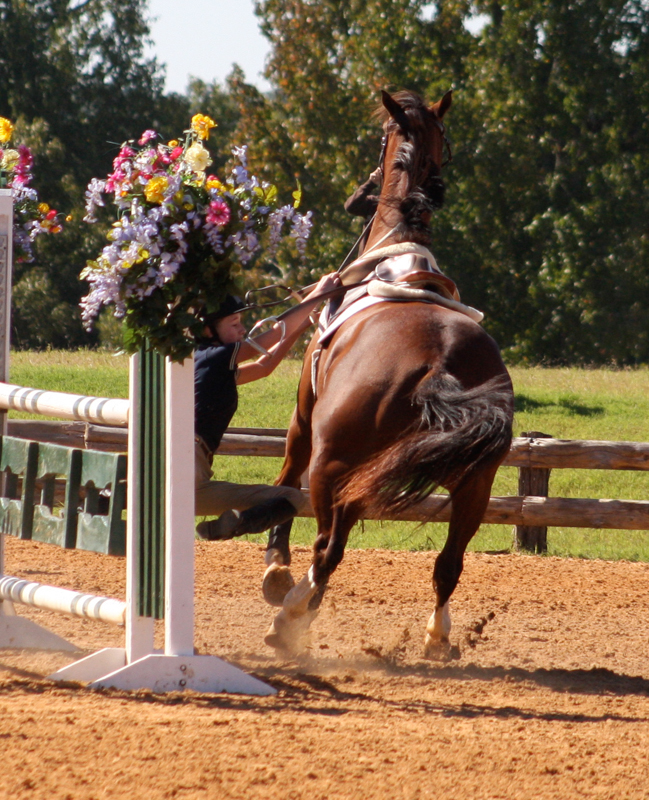
After a bad fall, the feeling of unease can linger. The rider may begin to ride defensively, causing the horse to act out. A ride focused on avoiding an accident is not a positive experience for rider or horse. Some riders quit riding altogether rather than examining alternatives. Photo: Carterse/Flickr
“I had to learn to focus on what I wanted to happen rather than on what could happen. I had to convince myself, and I did, that this was the best way to feel comfortable. My horse started to act like his old self again.”
Get the right people on board. Realize that you are not going to do this alone. You need to assemble a team of experts. After all, you want to feel good about this decision. The goal is to get to a sense of peace. You will need a coach or horse professional you trust. You need someone to help you evaluate both your physical skill and your horse’s current state of mind. That person needs to assess both of you. It also doesn’t hurt to have a temporary, alternative ride if you can swing it. Experiencing yourself on another horse with a different disposition can help you understand the role you are playing in your primary horse relationship. This is often a confidence booster, as you get the opportunity to focus on your ride and skills instead of just survival.
You need to know how your fear is impacting your ride. A competent coach can help with this task. This is important as it may be that you are exacerbating ongoing safety issues by blanking or inappropriately applying aids. Some anxiety can be alleviated with quality instruction.
If the rider can learn new strategies and the fear begins to dissipate, and as long as the horse has no behavioural concerns, then the outlook is promising.
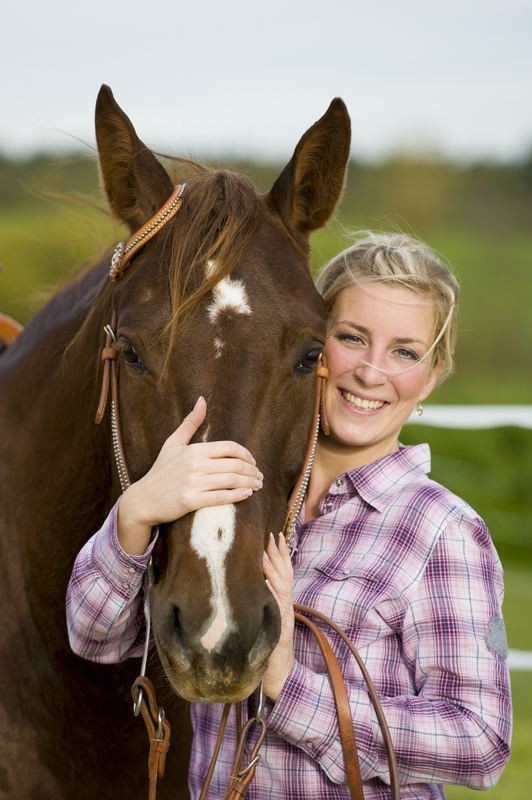
Your equine relationship should feel secure and provide the opportunity for growth. Photo: Canstock/Hightower NRW
However, the fear is either too strongly associated with the one horse and does not show improvement, or it is determined that the horse is continually triggering the rider’s fear (or is not responding to training to correct behavioural issues). In these cases, a break up may be the best course of action. Sometimes, as it is with our human relationships, there are just too many factors blocking the development of a healthy partnership.
Get rid of the shame. If you look at other pairs sports, such as figure skating or tennis, when the chemistry is not right a direct approach is taken. What can be done to improve the working relationship? If the resulting plan yields little improvement, often a re-match is the answer.
But riders have complex and sometimes very emotional connections to their mounts. And it can be hard to admit to yourself that you have a problem in your relationship. Kate, a dressage rider, expresses feelings many riders can relate to:
“I did not want to ‘break up’ with him, initially because it made me feel like I had failed. I grew up in a household where you either did it correctly, or you failed, so not being able to ride the horse made me feel like a complete failure. Then the anger set in when another person could ride him better. I was not mad her personally, but the situation made me upset.”
A win/lose approach to this type of situation doesn’t have a favourable outcome. If you continue to force yourself to ride a horse that makes you feel unsafe, the fear often grows. A ride that is focused on avoiding accidents is not an effective ride and certainly does not breed confidence. This loss of belief has some riders quitting altogether instead of examining other alternatives.
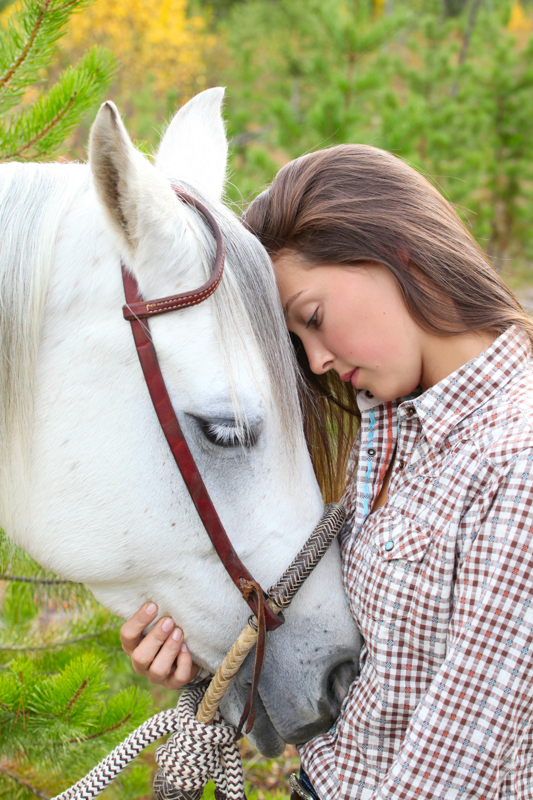
It’s not easy to say goodbye when the emotional connection is strong. Talking to other riders and seeking professional help from a sport psychologist can help. Photo: Canstock/Vanell
Perspective is an important consideration. The two most effective shame busters are seeking professional help from a sport psychologist and finding riders to share with. For Laura, her decision to break up with her mount and find a more suitable relationship was boosted by discussion with other riders and direction in a mental skills clinic. It was bittersweet, but truly a new beginning for her riding enjoyment and performance:
“I felt relief, relief that I was understood, but also true grief. I was, and still am, so very sad. I loved that horse for eight years and had much success in the earlier years.”
Get a plan together. At the end of the day it is important the rider goes through a process that is carefully thought through so that either way, he or she is at peace with the outcome. Examining your fear, assembling your team, and getting clarity about your equine partner are all elements you want to implement into a plan.
If, at the end of that process you find more negatives than positives about your current situation, a new partner may be in order. Remember that your equine relationship, just like your human relationships, should feel secure and have the opportunity for growth. There are times when we have to say goodbye to people who are not the right fit, or are hurting or holding us back in some way. Maybe they are just not the right person for us at that time. It is no different with horses.
Whatever your outcome, be sure to look at how it leads you in the direction of becoming a better rider, and better person. Laura has moved on to other rides and has a renewed sense of her competence. But she has also learned what might have kept her stuck for so long.
“I have learned I am very quick to put myself down. I’m working on that. I learned that I continue to try longer than logic would dictate. I like to think I was loyal but really, sometimes I just don’t know when to quit. On the plus side, I’m brave enough to face challenges and make changes and that feels darn good.”
To read more by April Clay on this site, click here.
Main photo: YanLev/iStockphoto


